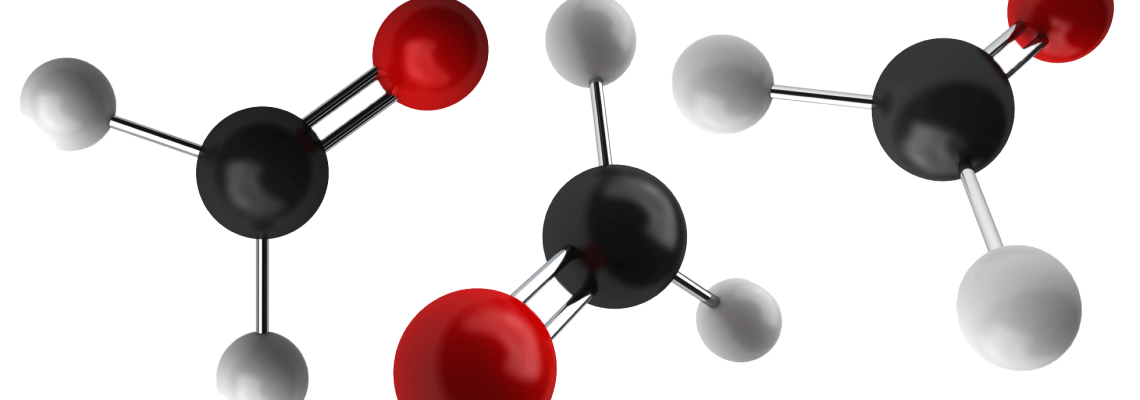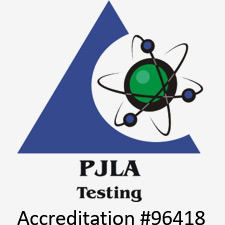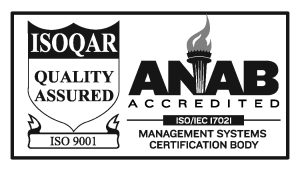Product deformulation is a complex analytical process designed to uncover the specific chemical identity of finished goods. Chemists take the product of interest, break it down into its constituent parts, separate those into distinct entities, then analyze both the major and minor components present. Done correctly, this will yield a complete profile or “ingredients list” of all substances in the system. Additional consultation work can be provided to aid in reformulation and to identify the process used to develop the finished article. Obtaining an equivalent product requires not only the correct ingredients but the correct manufacturing process.
Jordi Labs has years of experience providing product deformulation services with a range of underlying objectives. Whether you need to investigate claims of patent infringement to protect your intellectual property or are looking to innovate your products as part of a new research and development (R&D) cycle, we can provide the expertise and the tools necessary to achieve the right results.
Often referred to as reverse engineering, product deformulation can be as complicated and intensive as new product development. This is how the Jordi team typically approaches it.
How do you Reverse Engineer a Product?
When we come to reverse engineer a system as part of a product deformulation service, we always begin with an initial consultation. An experienced Jordi Labs chemist will discuss your objectives and start building a bespoke plan based on the nature of your samples.
As there is essentially no limit to the substances that can be deformulated, there is no individual sequence of methods fit for all purposes. There will even be significant variations between materials of similar types. Polymers are a great example of this.
Polymer deformulation is one of the most complicated forms of reverse engineering given the rich variety of plastic materials used in manufacturing today. These can take various forms (amorphous, liquefied, semi-solid, solid, etc.) and likely comprise myriad underlying monomers that can dramatically impact device performance – even when present at trace levels. This explains why the initial consultation is so critical. Your consultant will prepare a preliminary quote based on our understanding of the task at hand, which includes the full scope of our analytical testing capabilities and the delivery of fully articulated results.
Once we have received your samples, the Jordi Labs team will put the finished article through a sequence of tests to uncover its full chemical identity and determine how the individual constituents work in tandem. This typically involves a series of high-technology tests such as nuclear magnetic resonance (NMR) spectroscopy, liquid chromatography-mass spectrometry (LCMS), gas chromatography-mass spectrometry (GCMS), gel permeation chromatography (GPC), and so on. In a single product deformulation run where the finished product was a polymeric medical bag, we leveraged seven different analytical techniques to develop a complete profile of the finished article.
Read Our Case Study: Polymer Deformulation of a Medical Device
Afterward, the team will write-up their full results and conclusions in a robust yet easy-to-understand report, providing the exact insights that you set up in the initial consultation. Our product deformulation service is essential for anyone looking to enhance their product development cycle by gaining competitor insights, helping to benchmark quality, or to understand root causes of failure. Jordi Labs has also been called upon to carry out product deformulation for litigation purposes.
If you would like more information about our industry-leading reverse engineering service, simply contact a member of the Jordi Labs team today.





